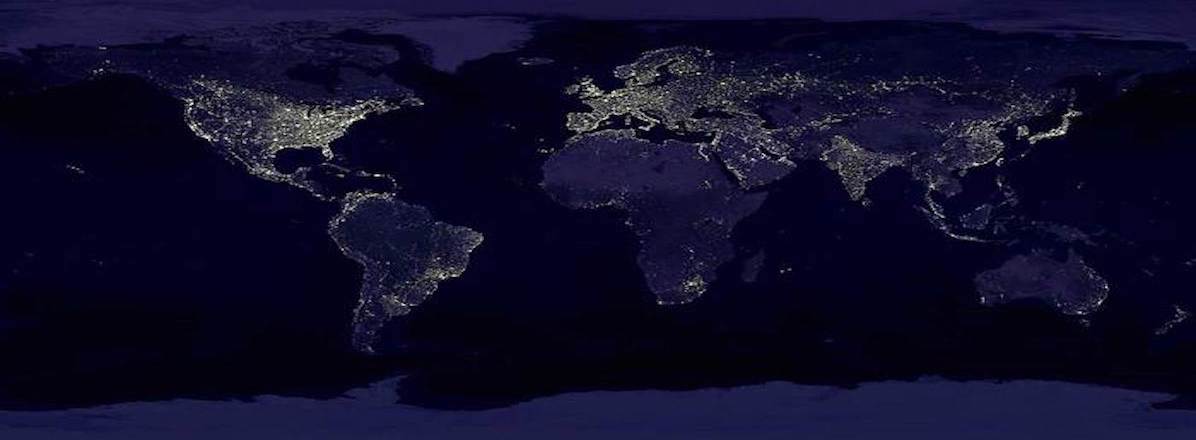A nation must think before it acts.
China’s Election Coverage Has Increased—But It Still Doesn’t Match Russia’s
September 22, 2020
Post by Rachel Chernaskey
Since the FIE 2020 project began cataloguing and analyzing state-sponsored news stories covering the 2020 U.S. presidential election, one broad trend that has emerged is the lack of politically targeted content published in China’s outlet the Global Times when compared to Iran and Russia’s output. FIE’s analysis has consistently shown that Russia produces a much higher volume of content focusing on U.S. candidates, internal politics and 2020 election integrity on its two state-sponsored outlets, RT and Sputnik News, than both Iran and China.
And while both Russia and China’s state media clearly aim to denigrate U.S. democracy, the capitalist system and America more broadly on the international stage, Kremlin media zeroes in on the day to day election minutiae, making claims of voter fraud via mail-in ballots, election rigging by political parties, and suggestions of military intervention or potential civil war in the U.S. Further, Russia’s content sees far more reach into the U.S. audience space on social media—for example, its most popular article published between January 1, 2019 and April 21, 2020, saw more than 26,700 shares on Facebook. The Global Times’s most popular article from that same timeframe saw just over 370 Facebook shares.
The Global Times is consistently critical of the U.S. society and governance, using narratives about domestic issues to portray a democracy in decline. The outlet does criticize President Trump as a foreign policy decision maker, but has generally shied away from criticizing candidates or making claims about voter fraud or election rigging. Anti-Trump sentiment in the Global Times typically centers on Trump’s statements about China or the administration’s policies, especially those that are critical to China’s own foreign policy objectives.
However, over the past couple of months as the election cycle has heated up, the Global Times has noticeably increased its coverage of both Trump and Biden and claims about the 2020 election’s integrity. One article, titled “Will unrest in Minnesota help Trump get reelected?,” criticizes Trump with regard to his handling of domestic civil unrest. Another claims that Trump has been harder on China—including threats over TikTok—to help secure his reelection. “Beijing’s ‘meddling in election’ a good excuse for Trump’s failure: expert” denies claims from U.S. National Security Advisor Robert O’Brien that China had targeted U.S. election infrastructure with cyberattacks, saying the Trump administration may be using a “China card.”
Coverage of a potential Biden presidency has portrayed Biden as still tough on China, albeit via different policies than the Trump administration. The Global Times was highly critical of Senator Kamala Harris after it was announced that she would be Biden’s running mate. One article claims that a VP Harris will deepen racial tensions in the U.S. while another criticizes her for previous remarks about China’s policy in Hong Kong and Xinjiang. Within this increased election-specific coverage, one article gained somewhat significant traction online. As noted above, previously the most popular article analyzed by FIE hadn’t received more than a few hundred engagements on Facebook. Titled “Biden ‘smoother’ to deal with,” the story discusses the differences between Biden and Trump and notes that Biden may be a more predictable leader. The article gained 1,343 Facebook interactions as of September 17.
While that story both covered the election and saw more reach than Global Times content has gained in the past, contrasted with Russia’s content—which often introduces conspiracies about election integrity and regularly receives more than five times as many interactions on Facebook—the Global Times’s impact appears negligible.
Russia’s state media—and RT in particular—have used mail-in ballot narratives to bolster its claims that a political establishment is trying to steal the election or rig the results in November. Whatever shift in tone China’s state media has shown, Russia’s themes and narratives are ultimately far more divisive, sowing doubt about the integrity of the election and advancing its message further into the U.S. audience space. China may be a larger influence concern for the U.S. in 2021 and in the longer term, but Russia’s overt content points to a larger effort to influence the vote in November.




